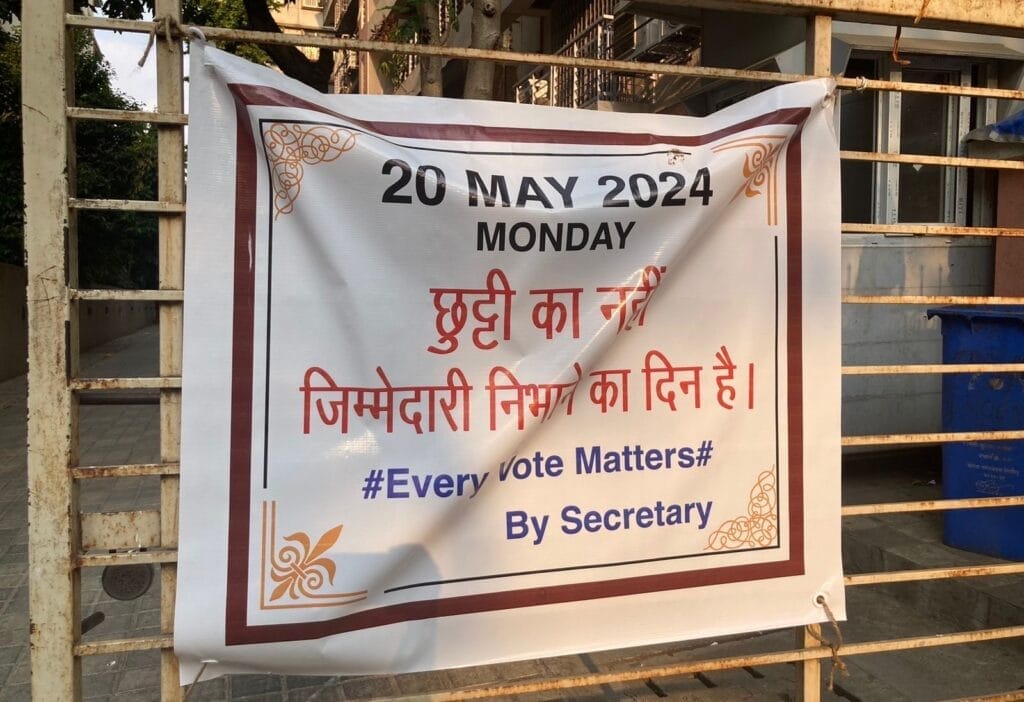In the 4th phase of the Lok Sabha Elections, among other regions in India, six constituencies of Mumbai (city and suburban), Thane, Kalyan and Palghar will vote on May 20th. As the campaign peaks and promises fly from every leader and candidate, voters are getting ready to cast their precious vote. Making an informed choice, is the first step towards strengthening democracy and ensuring sustainable and equitable life for all.
Mumbai Votes, a not-for-profit, independent info-bank, conducts research on election manifestos, party promises, their implementation over the years and sector wise performance of different political parties. In the run up to the 2024 elections too, it has been working on reports, that will enable citizens to understand various aspects of governance and performance of the elected representatives, in the build up to these elections.
The underlying theme of these reports is an analysis of whether parties actually managed to fulfil the promises they made in the last elections – whether it be in the startup world, employment, or EWS reservation.
Mumbai Votes has made these videos for you to watch before you hit the polling booths on the 20th. So as the Mumbai Votes Team says, “Don’t vote. Select!”
Labour, employment and elections
Read more: What’s behind first time voters’ lukewarm response in these hot summer elections?
Start up India and elections
Read more: What we want from our future MP: Observations of a student from Mumbai’s Kranti Nagar
Implementation of EWS in education and jobs
Voter awareness and elections

| MumbaiVotes, a non-profit working for voter awareness and providing data and analysis about Lok Sabha elections 2024, has studied all the candidates for every constituency in Mumbai along with Thane, Kalyan and Palghar. Following is the list of candidates and their affidavits as published by MumbaiVotes. |
** Promises vs Performance – Report 1, Report 2 and Report 3. ** You can also find more information about all Mumbai Candidates here. ** To compare political parties click here. You can also find manifesto analysis of the BJP, Shiv Sena and Congress. |